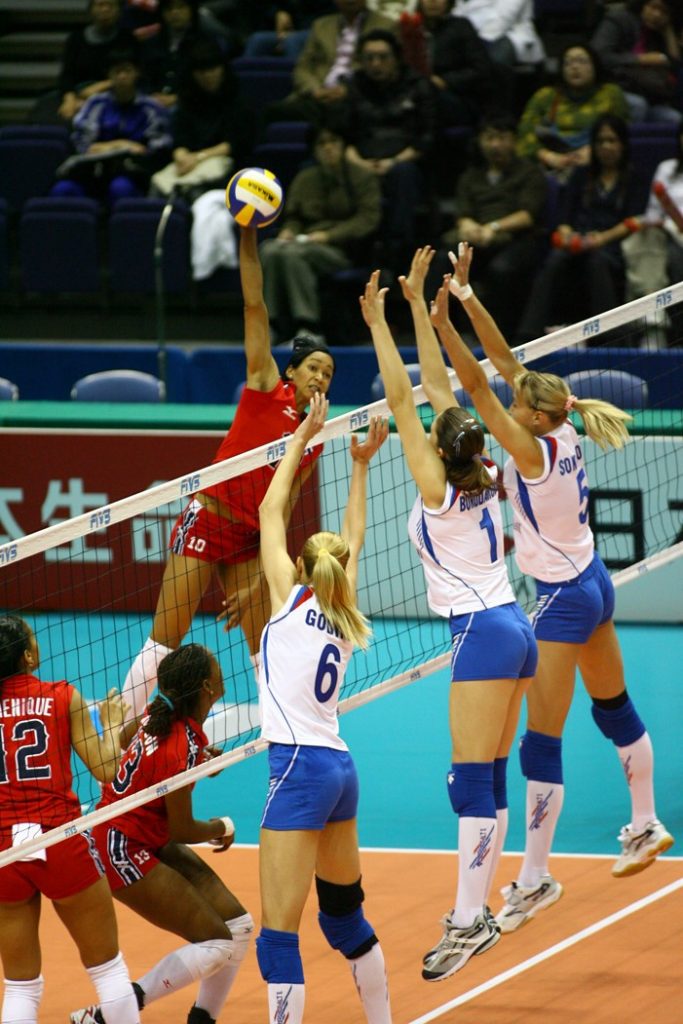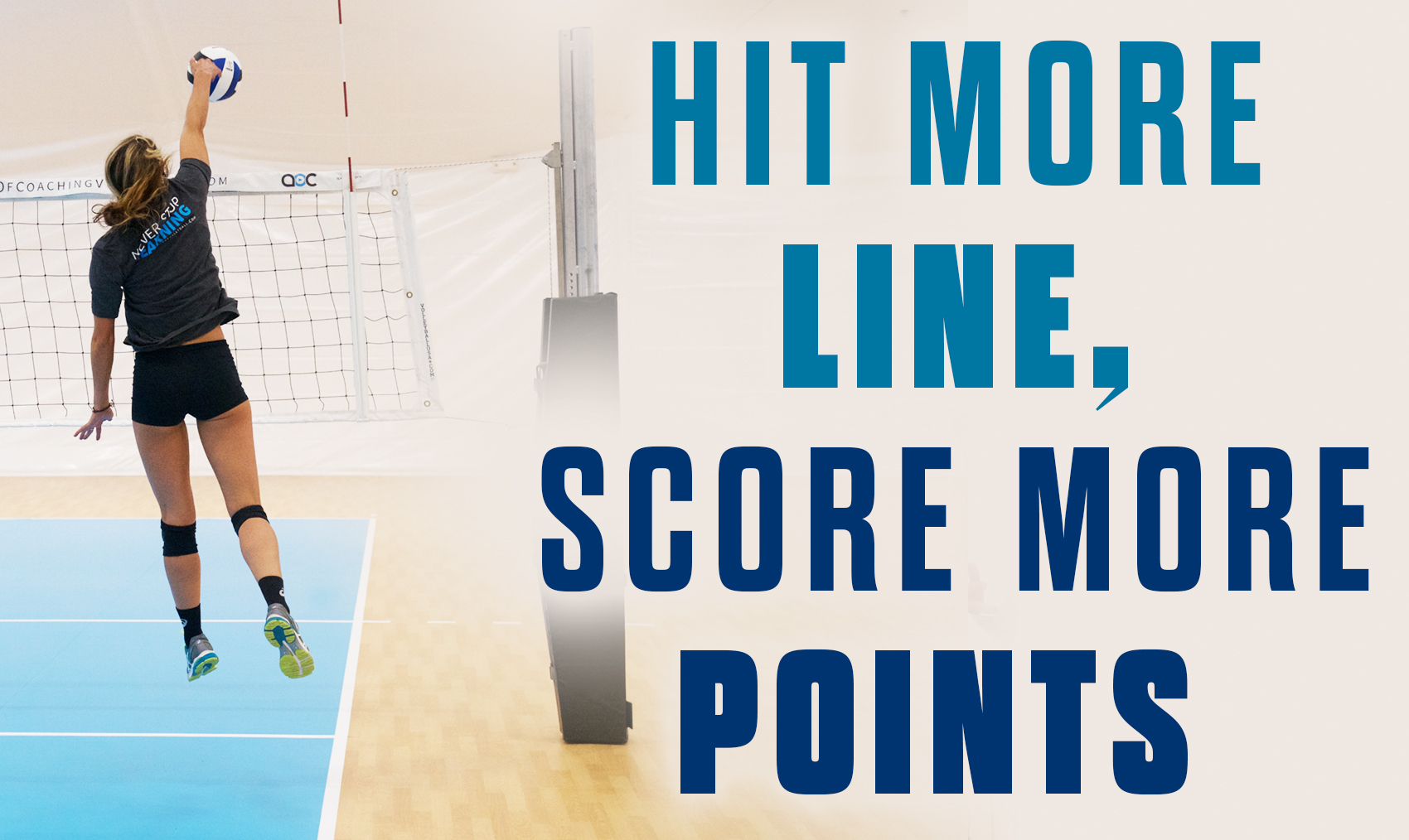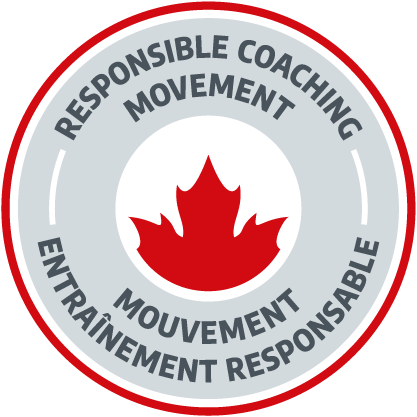
In recent years, the mental health of athletes has been in the limelight. Gymnast Simone Biles, tennis player Naomi Osaka, swimmer Michael Phelps and countless other athletes have exhibited tremendous leadership in expressing concern about this aspect of athlete development and performance.
Athletes and coaches are on the front lines of dealing with stress and anxiety. Athletes have personal goals or team performance expectations to justify the hours of training in pursuit of lofty goals. Coaches are held accountable for individual performances or team accomplishments. Both athletes and coaches deal with the judgmental horde that, despite lacking expertise, use the internet to kick out their negative opinions anonymously. These scenarios are only a few of the countless stress and anxiety-inducing situations faced by those in the “arena.”
Is the stress and anxiety that accompanies being an athlete or a coach good or bad? The answer to this question is yes, the stress and anxiety inherent in sport can be both good and bad. The variant is how the athlete (or coach) deals with these tensions.

In a compelling article and book, Dr. Tracy Dennis-Tiwary explores how we might better deal with the emotion of being anxious.
“An entire industry has sprung up to aid us in eradicating it, from self-help books and holistic remedies to pharmaceuticals and cutting-edge cognitive behavioral therapy. Yet we are an ever more profoundly anxious society.”
Since the moments of anxiety inherent in sport will not disappear, athletes and coaches need to discover a way to embrace the stress positively.
“We’ve convinced people that anxiety is a dangerous affliction and that the solution is to eliminate it, as we do with other diseases. But feeling anxious isn’t the problem. The problem is that we don’t understand how to respond constructively to anxiety. That’s why it’s increasingly hard to know how to feel good.”
“In a pair of studies published in the journal Emotion by Jeffrey Birk, myself and colleagues in 2011, we induced anxiety in young adults by asking them to vividly imagine being a passenger in a car accident and helping injured people in its aftermath. Compared with a second group who experienced a happy mood induction, the anxious group showed a greater ability to focus and control their attention during a computerized assessment.”

The late Dr. Anders Ericcson, a sports psychologist who studied the traits of great athletes, was very outspoken about the importance of pushing one’s abilities to their limitations for the training to foster significant improvement. Anytime a coach makes these demands, or the athlete makes similar demands on themselves, there will be inherent anxiety, anxiousness, or a myriad of other emotions in the athlete. Coaches must follow the on-court demands by assisting the athlete in embracing the accompanying anxiety as necessary and positive.
“It’s no solution simply to evade the causes of anxiety. That’s why it’s crucial to channel the benefits of anxiety, like persistence and hope, toward purpose.” -Dr. Dennis-Tiwary
If, as Dr. Ericsson suggests, working with an athlete or team at the edges of their comfort zone is needed to bring about positive results, the athlete and the coach must be aware of the accompanying high-stress levels and have a strategy to deal with this stress.
The easy and often used path is for the coach to back off and make the environment easier for the athlete. The athlete will be exposed to lower anxiety levels, but the trade-off is they probably won’t perform at optimum levels. There isn’t an easy path to high-level performance. The athlete, the team, and the coach need to be aware of the stresses and be proactive in addressing the inherent mental challenges.
“We need to develop a new mind-set about this misunderstood emotion. Reframing and reclaiming anxiety as an advantage and a valued part of being human isn’t easy or just a matter of willpower. It takes practice and time, and it doesn’t mean that anxiety becomes enjoyable. Anxiety can’t do its job unless it makes us uncomfortable, forcing us to sit up and pay attention. We don’t need to like anxiety—just to use it in the right way.”
Although I’m not a skier, I become a Mikaela Shiffrin fan after the recent Beijing Olympic Games. She entered the competition as the favorite to win multiple golds in the various skiing events. Shiffrin has dominated World Cup skiing events for many years. The Olympics would be the ultimate showcase for her extraordinary talents. We all witnessed how she struggled multiple times to make it down the hill. Shiffrin failed to finish a race at the Beijing Olympics twice, with one of the events having her falling only five seconds into her run. The reason for my current fandom of Shiffrin is how she handled the unexpected collapse.
In an ESPN interview, Shiffrin detailed her emotions. “I was trying to figure out how I could disappear from the mountain and melt under the fence. I was trying to comprehend a situation that’s not something you can wrap your head around,” she says. “I was like, ‘I don’t know what to do right now.’”
However, instead of complaining about the snow, second-guessing her race preparation, complaining about Covid protocols, or avoiding the media, her thoughts turned to “doing the next right thing.”
“Sitting there on the snow, she says, a thought, a melody, slipped into her mind. “There’s a scene in ‘Frozen II’ where Anna sings, ‘Just do the next right thing,’” Shiffrin says and sings the lyrics. “That was the thought.”
When dealing with the challenges and stresses of being an athlete or coach, sometimes, the only path forward is to do the “next right thing.”
Most coaches are well equipped to deal with the techniques and strategies of the sport. As a profession, we are not as well versed in dealing with the mental challenges of coaching or the athlete’s challenges. These mental challenges will manifest themselves regardless of the level of play or the age or gender of the athlete or coach.
As I can look back on my coaching career, I wish I had been more proactive in being aware of and addressing the mental health of the athletes. The recommendation I can make is for coaches to work diligently to include their mental health and the mental health of their athletes as an essential component of their coaching skills.



